 Location:Home > News >
Company News >
2018 Universal Lubricant Methods and Products Seminar held in Beijing
Location:Home > News >
Company News >
2018 Universal Lubricant Methods and Products Seminar held in Beijing
Background of the meeting: China is a major importer and consumer of lubricating oil in the world. In the consumption structure of the lubricating oil market worldwide, the consumption of automotive oil is far greater than that of other products, accounting for approximately 55% of the total demand in the lubricating oil market. With the rapid development of China's automotive industry, the demand for automotive lubricants has shown a continuous upward trend, and the total consumption of lubricants has also shown a large-scale growth. The rapid growth of domestic demand for automotive oil and the trend towards high-end automotive oil will drive the automotive lubricant industry into a rapid development cycle. This requires continuous updates in lubricant technology, as well as more advanced detection methods and analytical instruments, to meet the increasingly updated production of high-end lubricants.
On April 24, 2018, the "2018 Universal Lubricant Methods and Products Seminar" organized by Universal (Hong Kong) Technology Co., Ltd. was held in Beijing. Universal Technology has been committed to promoting new products, technologies, and methods for lubricating oil testing in China for over 20 years. This seminar brings you the latest testing methods and analytical instruments, which represent the modern level of industry development.
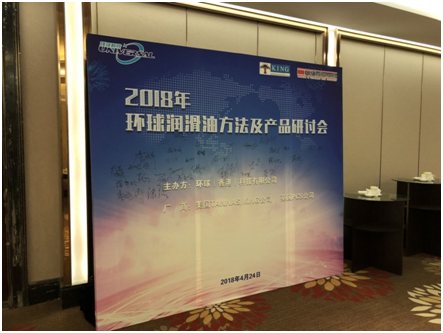
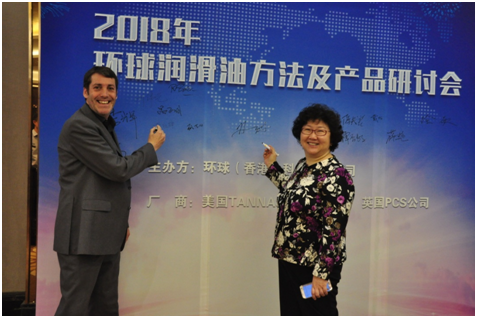
The holding of this seminar received strong support from participating companies TANNAS/KING from USA and PCS from UK, as well as domestic lubricant research and development units, lubricant companies, military testing laboratories, and government laboratories.
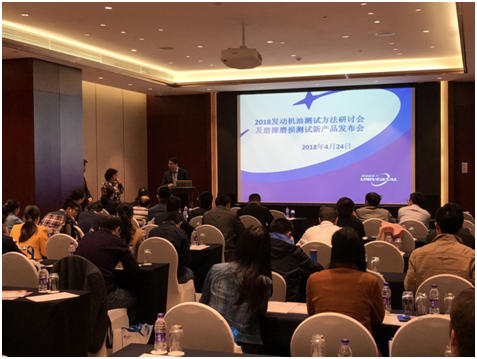
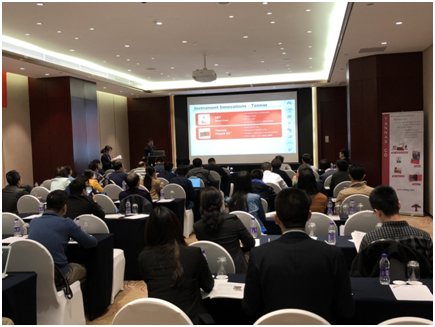
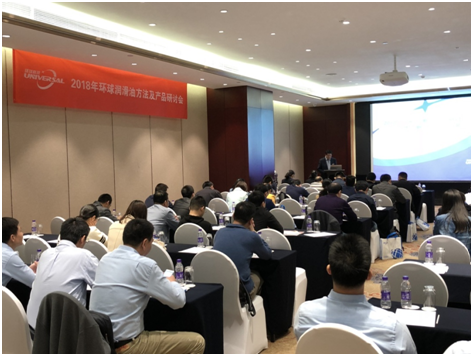
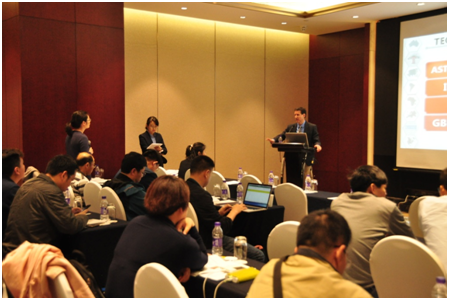
Mr. Gordon Cox first introduced the Savant Group. Savant Group was established in 1969, located in Midland, Michigan, USA. It is committed to participating and solving existing and future engine oil problems. The group includes independent testing laboratory Savant, lubricant analysis instrument manufacturing companies TANNAS KING, and IOM, which can provide a global engine oil database.
Then, Mr. Gordon Cox introduced the engine oil industry standard SAE J300 (the American Society of Motor Vehicle Engineers standard for oil viscosity classification); ILSAC International Lubricant Standardization and Certification Committee, which has currently developed engine oil specifications for GF-2 to GF-5; GM Dexos is the quality standard for engine lubricants established by General Motors (GM) itself.
Finally, Mr. Gordon Cox introduced the laboratory instruments provided by TANNAS KING that can meet the standards of engine oil, including the rotary oxygen bomb tester QUANTUM, high-temperature high shear viscosity tester TBS, high-temperature anti foam tester TFAB, Brinell scanning viscosity tester SBT/SB+2, evaporation loss tester NOACK S2, high-temperature oxidation sedimentation tester TEOST, low-temperature Brinell viscosity tester BLB, and boundary pumping tester MRV. Also, the corresponding Chinese standards and ASTM standards for these instruments were compared and discussed.

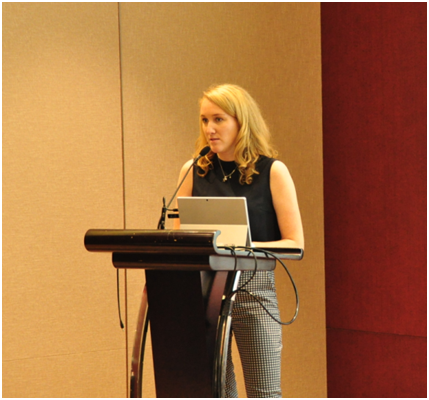
Ms. Grace Hully introduced the overview of PCS company. PCS company was founded in 1987 by a group of tribological scientists from Imperial College of UK, dedicated to the development of oil tribology related instruments. Its products include diesel lubricity analyzer HFRR, aviation coal lubricity analyzer ABS, diesel aviation coal lubricity analyzer ABSL, oil film thickness tester EHD2, micro pitting corrosion tester MPR Radial bearing tester MTM2 and super shear viscosity tester. The company still has close connections with Imperial College of UK.
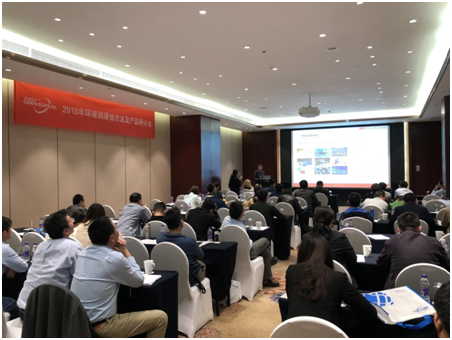
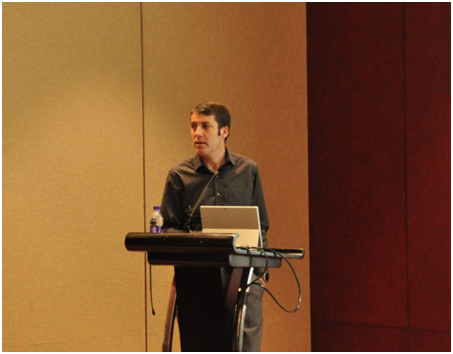
Mr. Dr. Rich Baker introduced the origin and development history of tribology, lubrication mechanisms, and principles. Subsequently, the application of tribology in industries such as fuel oil, automobiles, lubricant additives, aviation, wind turbines, and railways was elaborated. In particular, the application of anti-wear additive ZDDP in 3D bedding imaging technology (SLIM) was explored, including operating temperature, types and concentrations of anti-wear additives, and the formation and loss of ZDDP friction film in the presence of dispersants.
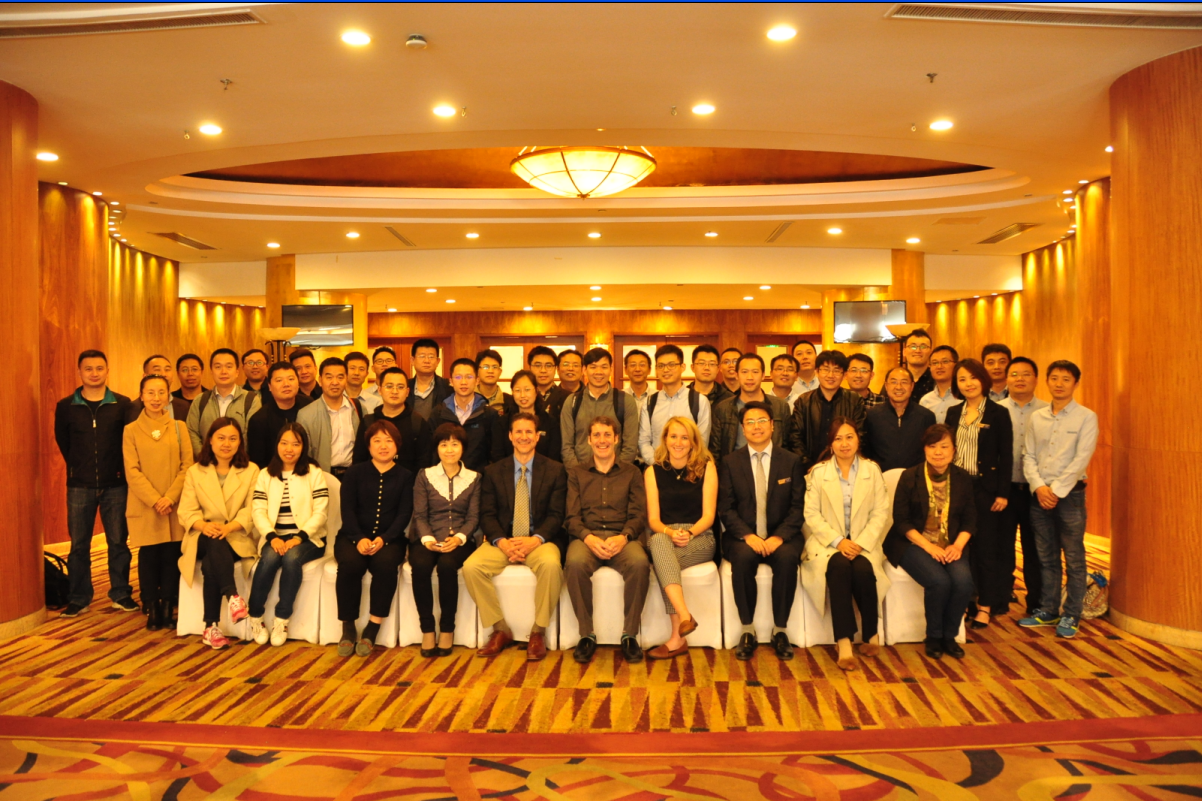
Through this seminar, we not only gained an understanding of more advanced detection methods and analytical instruments, but also further promoted technological exchange and trade cooperation between our industries. Universal Technology will continue to be committed to the lubricant industry, focusing on new products and technologies to bring new and different experiences to everyone.